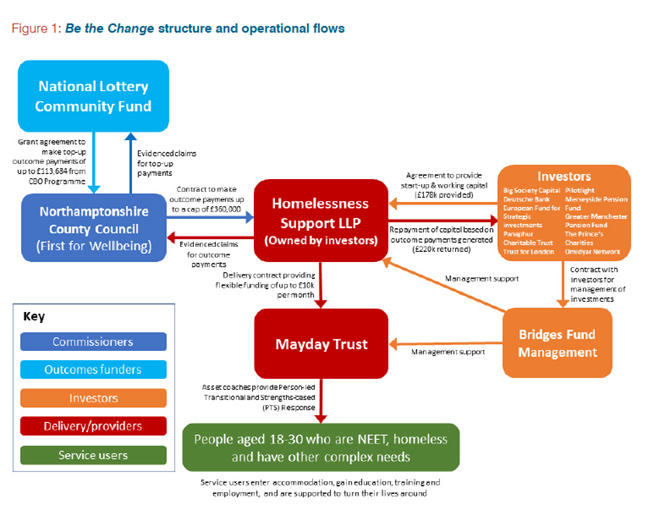I’m currently immersed in coproducing and refining an approach to supporting councils and their partners to build more rounded pictures of individuals, particularly for those people where a system has become focused on one particular risk or need, at the expense of supporting that individual to progress and grow in the areas of life which are most important to them. The approach aims to be unique to each individual, but to create enough consistency to aggregate up from those individual pictures, to understand where the gaps and challenges are in services for the whole population, so that commissioners can have the strategic conversations they need with their budget holders and with providers, if they are to shape a marketplace of providers that can offer people choices which match what they really want.
I think about the challenge of doing this as the paradox of scale in support services: what ‘good’ looks like is always small and personal, but the decisions which impact on individuals’ and families’ lives are always taken at a large scale, where that individuality can get lost.
A question that arises from this work is whether we want services which try to keep a focus on individuals through specialising, or if it’s better to have general services and to make them universally accessible.
We often start by creating services intended for everyone, but then find that they don’t work for everyone. They may exclude or poorly serve those with specific needs or barriers to accessing them. So we develop specialist services, for example, to support people with learning disabilities or those living with dementia. Those specialist services can proliferate, and the divisions between specialisms grow. Then we look around at the labyrinthine service structures we’ve created and think, surely we can simplify this?
People who fall into more than one ‘specialism’ get passed from pillar to post, constantly retelling the same story but always hearing that their needs don’t quite fit each service’s offer. People with substance misuse and mental health problems are told they need to address their substance misuse before they can get mental health support, and vice versa. Groups of people regarded as ‘challenging’ are often excluded from mainstream services. For example, people who become homeless may not be considered for adult social care, or are excluded from basic services like dentistry and primary care, which should be a right for us all. Accessing specialist services becomes harder as demand grows and budgets shrink.
Leaving those services also becomes a risky cliff edge, which incentivises people and their specialist services to stay locked together for long periods, although most services are set up with progression out of them as a key goal. In my book, I called that trap ‘the invisible asylum’ . I felt that it was an effect that had become pervasive in our over-stretched public services, trapping citizens and workers alike and stopping us all from achieving shared goals. The alternative is moving back towards generalist, place-based services and realising again that they don’t work.
So how do we stop penduluming between specialising and generalising?
Social Care Future, a grassroots movement of people using, affected by and working in public services, has argued persuasively that despite each pursuing it in our own unique way, we all seek broadly the same ‘Good Life’: a sense of home, belonging and community. We all want inclusive services and to be seen as humans, not cases, and people who work in and lead public services want to tailor services to individuals’ particular needs, goals and strengths.
Services certainly need specialist knowledge and skills within their teams, but that can be a resource the whole team can draw on, rather than reserving those specialists exclusively for people who slip into unfixable crises on long waiting lists. Research shows that the quality of the client/worker relationship is more important than the specific model used. Support approaches which value consistency of relationship, rather than specialism-fit, benefit from fewer referrals, endings and hand-offs – all of which are resource-intensive and result in worse outcomes.
It is not possible to offer a deep relationship to everyone, but the longer and more complex someone’s support journey is likely to be, the greater the rewards of building those relationships. People with the most labels of need, complexity or diagnoses, are ironically those for whom the single most effective response may not be a new specialist service, but to build a relationship with someone who has the time and skills to see beyond those labels, to rediscover the human being drowning beneath them.

